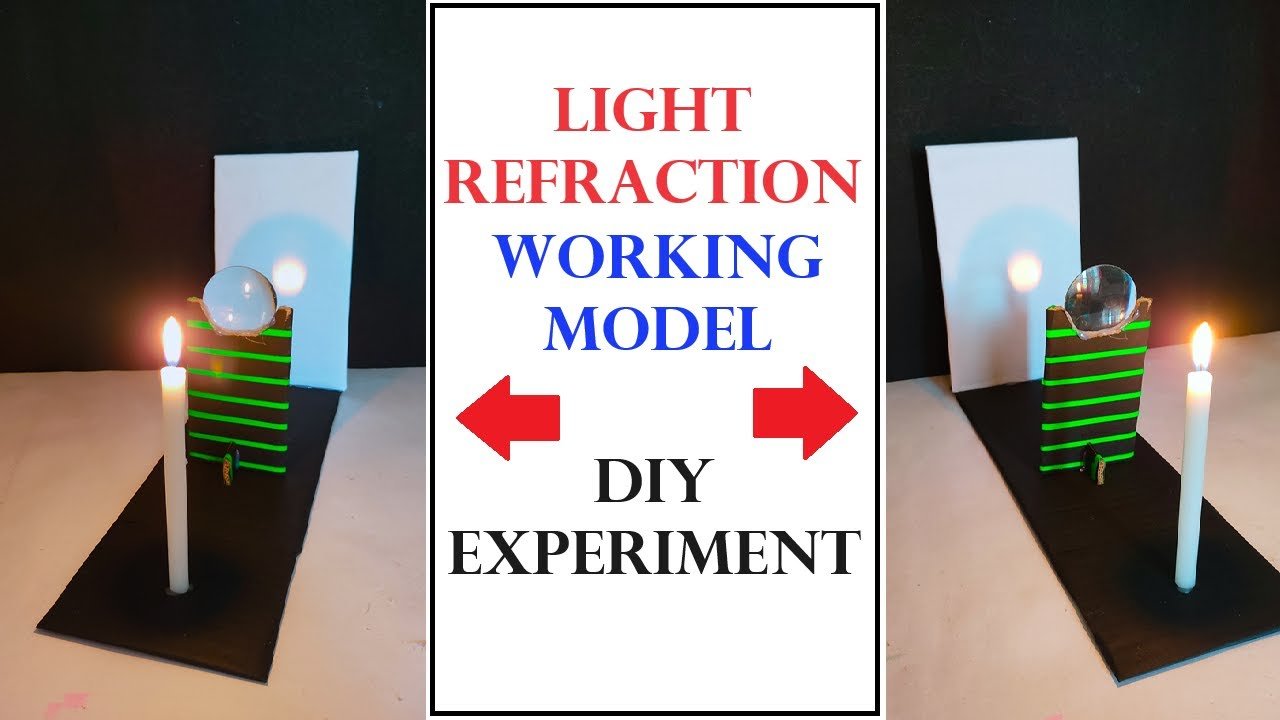Here are 20 engaging scientific games suitable for a science exhibition, designed to both entertain and educate participants about various scientific concepts:

- Periodic Table Bingo
- Players have cards with different elements, and the caller announces elements by their properties or symbols. Players mark the elements on their cards.
- Physics Jeopardy
- A game modeled after Jeopardy with categories such as “Forces,” “Energy,” “Motion,” and “Electricity.” Participants answer questions to earn points.
- DNA Puzzle Race
- Teams race to assemble a DNA double helix model correctly using colored beads and strings to represent the nucleotide bases.
- Electric Circuit Challenge
- Participants are given components to create a working circuit to light up a bulb. The fastest and most efficient circuit wins.
- Volcano Eruption Game
- Teams compete to build a baking soda and vinegar volcano. Points are awarded for the most creative and well-explained eruptions.
- Planet Trivia Quiz
- A quiz game with questions about the planets in our solar system, including their features, order, and unique characteristics.
- Microscope Mystery
- Participants view slides under a microscope and guess what they are seeing (e.g., plant cells, bacteria, insect parts).
- Water Filtration Challenge
- Teams create water filtration systems using common materials (sand, gravel, charcoal) and test to see whose system produces the cleanest water.
- Simple Machine Obstacle Course
- A course featuring levers, pulleys, and inclined planes. Participants navigate the course and explain the principles of the simple machines used.
- Rocket Launch Competition
- Using baking soda and vinegar or air pressure, participants build and launch small rockets, aiming for distance or accuracy.
- Egg Drop Challenge
- Teams design and build contraptions to protect an egg from breaking when dropped from a height. Points for creativity and effectiveness.
- Chemical Reaction Match-Up
- A matching game where participants pair chemicals with their reactions or products, such as vinegar with baking soda to produce carbon dioxide.
- Gravity Maze
- A marble maze game that demonstrates gravity and friction. Participants build a maze to guide a marble to a target using various materials.
- Magnifying Fun
- A game where participants use magnifying glasses to observe and identify small objects, such as leaves, insects, or fibers.
- Solar System Scavenger Hunt
- A scavenger hunt with clues related to facts about the solar system. Participants find and identify “hidden” planets and moons around the exhibition area.
- Weather Forecasting Challenge
- Participants use weather instruments (thermometers, barometers) to make predictions and explain how weather patterns are formed.
- Animal Adaptation Game
- A matching game where participants match animals with their unique adaptations and habitats, explaining how these adaptations help them survive.
- Sound Wave Experiment
- Using tuning forks and water, participants explore the properties of sound waves and how they travel through different mediums.
- Fossil Dig
- A sandbox game where participants dig for “fossils” and identify them. Points are awarded for correct identification and knowledge about the fossils found.
- Renewable Energy Relay
- Teams race to set up mini solar panels, wind turbines, and water wheels, learning about renewable energy sources and their applications.
These games are designed to be interactive, fun, and educational, making scientific concepts accessible and engaging for all participants.

